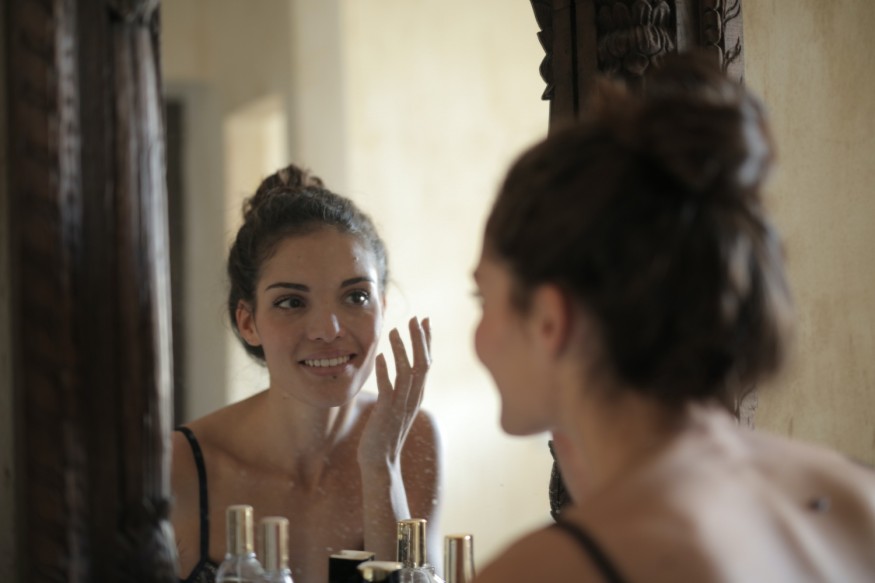It can be difficult to distinguish between the different skincare ingredients available. Two ingredients that are commonly found in skincare products are retinol and peptides.
These ingredients have a high level of effectiveness and can be used in conjunction with each other to promote healthier skin or even simply brighten dark eye circles. But it is essential to understand the proper way to use them to achieve optimal results.

Retinol and Peptides Explained
According to Healthline, retinol is the over-the-counter version of retinoids made from vitamin A and is primarily used to treat mature-looking skin concerns like wrinkles and enlarged pores. It goes deep beneath the epidermis to the dermis to neutralize free radicals and boost elastin and collagen production.
Retinol also has an exfoliating effect on the skin's surface that can improve texture and tone. Still, it is not as powerful as prescription retinoids, which are used to treat severe acne and require other medications to combat inflammation and bacteria.
Meanwhile, Medical News Today reports that peptides are smaller versions of proteins that may have anti-aging, anti-inflammatory, or muscle-building properties. They are naturally present in foods and are found in many health and cosmetic products.
Peptides, such as collagen and creatine peptides, have become popular supplements that may improve skin health, slow the aging process, and enhance athletic performance. Collagen peptides, in particular, have been found to improve skin elasticity, hydration, and reduce wrinkles. Some topical anti-aging cosmetics also contain peptides that may reduce wrinkles, improve skin firming, and increase blood flow.
Will Retinol and Peptides Work Together?
The debate on whether one can combine peptides and retinol in their skincare routine has been a subject of discussion. The reason is that both retinol and peptides are potent ingredients.
The straightforward answer is that you can use both ingredients together, as per Fleur and Bee, and they complement each other. Retinol may cause skin irritation and dryness, but peptides serve to reduce any discomfort while strengthening the skin. Additionally, both ingredients have anti-aging properties, making them a valuable addition to your skincare regimen.
When using retinol, ensure that you follow up with sunscreen to protect your rejuvenated skin from damage caused by harmful UV rays. Apply retinol before peptides if using the ingredients in separate products, and don't assume that one ingredient is better than the other.
Retinol and peptides are both great for the skin and serve different purposes, which makes them an excellent combination. Many skin care products contain both ingredients, such as a retinol eye stick that can brighten dark eye circles.
Experts suggest that retinol helps speed up skin cell turnover, while peptides increase collagen, hyaluronic acid, and other key components of the skin. In other words, both work through different mechanisms of action, making them a potent duo.
Should I Use Peptides or Retinol at Night?
In an article in Who What Wear, it is okay to use both ingredients together during your nightly routine or use peptides in the morning and retinol in the evening. Peptides tend to have moisturizing characteristics, while retinol can be drying or irritating.
Retinol is a stronger ingredient, so it helps keep acne at bay while also providing anti-aging benefits; it may be better suited to some people. On the other hand, peptides are likely the better route for those searching for hydration.
Using both peptide and retinol products together can enhance anti-aging benefits, improve skin tone and texture, and promote collagen production. They work synergistically and can be used together, although some dermatologists recommend using retinol recommended for nighttime use and peptides for both day and night.
RELATED ARTICLE: Give Your Skin the Extra Care It Deserves Using The Best Anti-Aging Moisturizing Cream of 2020
Check out for more news and information on Skincare In Science Times.











